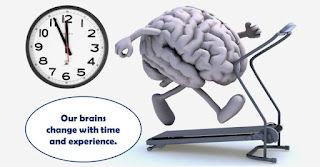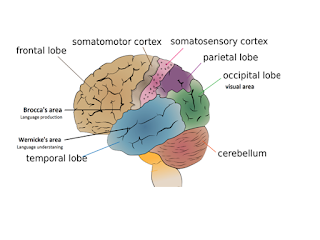AQA A-LEVEL: Approaches - The Cognitive Approach
THE COGNITIVE APPROACH
ASSUMPTION - All behaviour is driven by thought processes which are known as "cognitive primacy". Focuses on how our mind deals with info and our abilities to use that info. However, all these processes are internal and cannot be observed, researchers can only make inferences about cognitive behaviour.
ASSUMPTION - All behaviour is driven by thought processes which are known as "cognitive primacy". Focuses on how our mind deals with info and our abilities to use that info. However, all these processes are internal and cannot be observed, researchers can only make inferences about cognitive behaviour.
INFORMATION PROCESSING APPROACH
- We learn and process info in a Linear Systematic way
- INPUT ~~> PROCESS ~~> OUTPUT
- Seen is the multi-store model
COMPUTER ANALOGY
- Sees the human mind as similar to a computer
- HARDWARE - Skull
- SOFTWARE - Like cognitive processes such as memory, software can differ between people but hardware is the same
- Both have a CENTRAL PROCESSING UNIT and uses the concept of coding and we have different stores to hold info
ROLE OF SCHEMA
- A mental/cognitive structure which contains knowledge about an object, person, activity or role based on experience. These beliefs/expectations help us make sense of the world.
- BARTLETT 1932 - Suggests schemas have a role in how memories are encoded, stored and retrieved. They help us simplify the world and take shortcuts in thinking
- We are more likely to exclude info which does not conform to our pre-existing ideas
- Schemas help us fill gaps in the absence of full information so we tend to create stereotypes we find hard to challenge
- These issues affect EWT (Eye Witness Testimony)
EMERGENCE OF COGNITIVE NEUROSCIENCE
- Due to the advances in brain scanning, we can study the living brain and look at how different brain structures have mental processing functions
- Researchers will compare typical and atypical (patients who have brain damage, disease)
- Patients undergo Cog tests for memory or awareness under a brain scan
- Patterns of activity in scan compared to a normal brain
- Results used to make inferences about how certain cognitive processes normally function
EVALUATION
PRACTICAL APPLICATIONS for EWT
- Cog approach highlights issues with the reconstruction of memories. Issues like leading questions can damage EWT. Mentally reinstating the context of the event has shown to increase recall.
Is a SCIENTIFIC and OBJECTIVE approach
- The use of experimental methods allows researchers to collect and evaluate research. There is a replicable method to using neuroscience, which is far more credible than introspection or psychodynamic techniques
RESEARCH EVIDENCE - Temple Wisconsin Study of Depression
- Results in the first 2 years showed that students who were prone to negative thinking were more likely to be depressed
- 17% w/ high negative thinking scores went on to be depressed compared to 1% of low scorers
Cognitive Approach is REDUCTIONIST
- Focuses only on thought processes, doesn't consider unconscious processing and emotional factors




Comments
Post a Comment